On June 18th, the Standing Committee of the National Assembly sent to the delegates a report on the acceptance, explanation, and revision of the draft Law on Prices (amended), which is expected to be passed this afternoon, June 19th.
The report of the National Assembly Standing Committee devoted a significant portion to explaining the issue of maintaining the price ceiling for domestic airfares, a matter of great concern to many delegates.
Among the suggestions, some proposed abolishing the price ceiling regulation and allowing this product to be sold entirely under market mechanisms.
This increases social costs and government spending.
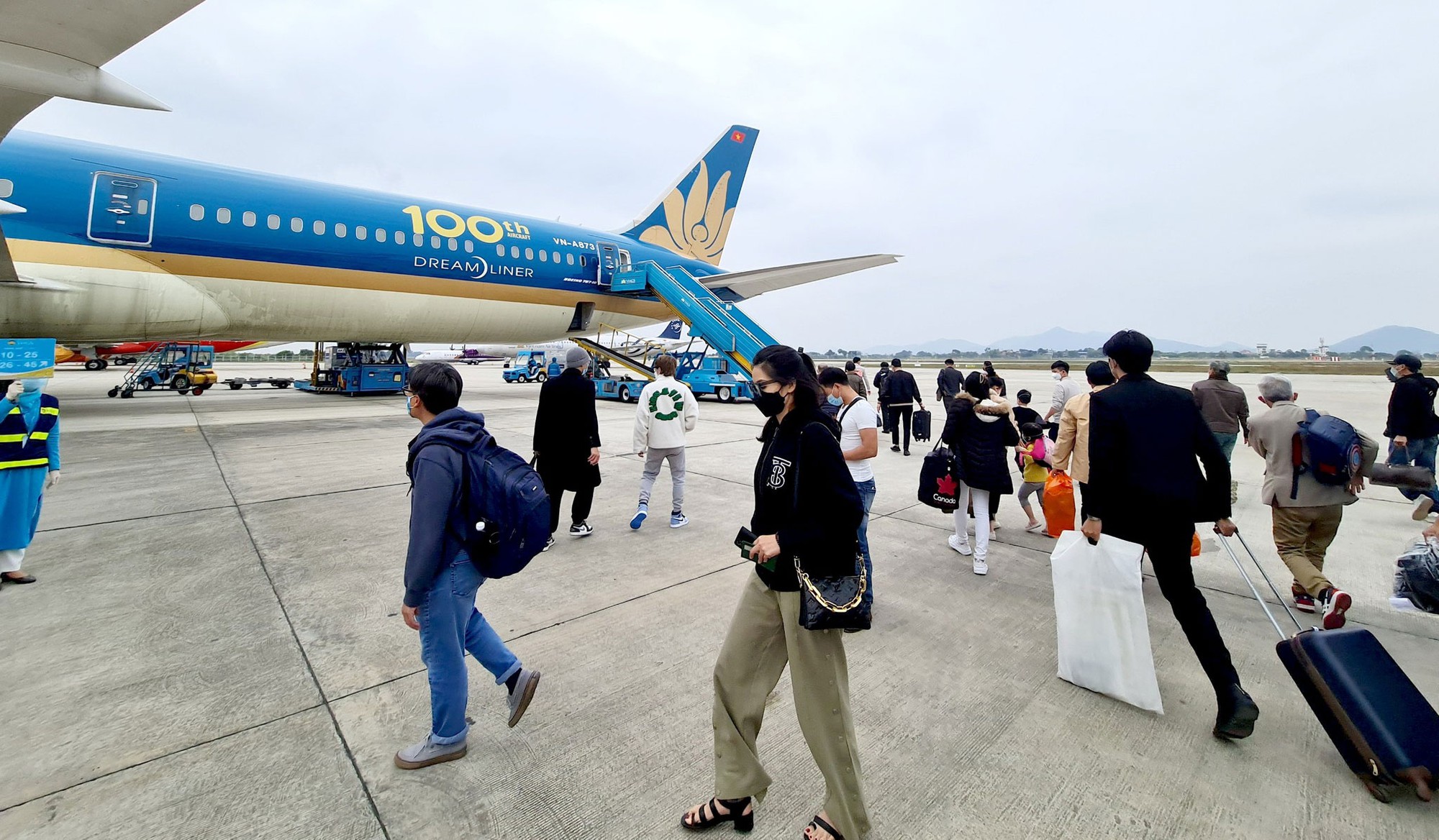
The Standing Committee of the National Assembly believes that maintaining a price ceiling on airfares, as a regulatory tool of the State, is necessary.
According to the National Assembly Standing Committee, in the current context, the competitiveness of the aviation market is limited, and promoting the synchronized and modern development of various modes of transport still requires further effort. Especially since the North-South high-speed railway has not yet been implemented and put into operation, the State still needs a tool to manage domestic aviation service prices to help stabilize the market.
In the long run, as various modes of transportation develop in a coordinated manner, the increased number of options available to the public will lead to adjustments in pricing for domestic air passenger transportation services.
The Standing Committee of the National Assembly affirmed that the regulation of price ceilings is entirely consistent with Resolution 11 of the 12th Central Committee of the Communist Party of Vietnam. Accordingly, the socialist-oriented market economy is an economy operating according to market laws, with state management.
The Standing Committee of the National Assembly also emphasized that the regulation of price ceilings is essentially a tool for state management of prices, ensuring the State's responsibility in stabilizing the market; it is not about integrating social policies as the Aviation Association has stated.
Furthermore, the regulation of price ceilings still ensures the autonomy of businesses. According to the National Assembly Standing Committee, airlines currently have full authority to determine service prices, including airfare; only economy class airfares are subject to specific pricing, provided they do not exceed the price ceiling.
Therefore, according to the National Assembly Standing Committee, not setting a price ceiling would mean the State abandoning its price regulation tool. Airlines could easily raise airfares to high levels for economy class tickets, especially during holidays, Tet (Lunar New Year), and peak travel seasons when demand is high, affecting people, especially low-income individuals who may find it difficult to access air travel services; thus increasing social costs.
According to the National Assembly Standing Committee, this also increases state budget expenditures because many state agencies currently spend a considerable amount of money annually on purchasing airline tickets for official duties. In reality, there have been instances (such as the recent April 30th - May 1st holiday) where airlines simultaneously increased airfares, negatively impacting tourism and public sentiment.
The Ministry of Transport may adjust the price ceiling as needed.
The Standing Committee of the National Assembly also stated that removing the price ceiling is a very significant issue, a change to an important policy, and according to regulations, requires a thorough impact assessment. Since the Government has not submitted and has not provided an impact assessment report, there is currently insufficient basis for amendment, which could have negative consequences for society and the economy, the report stated.
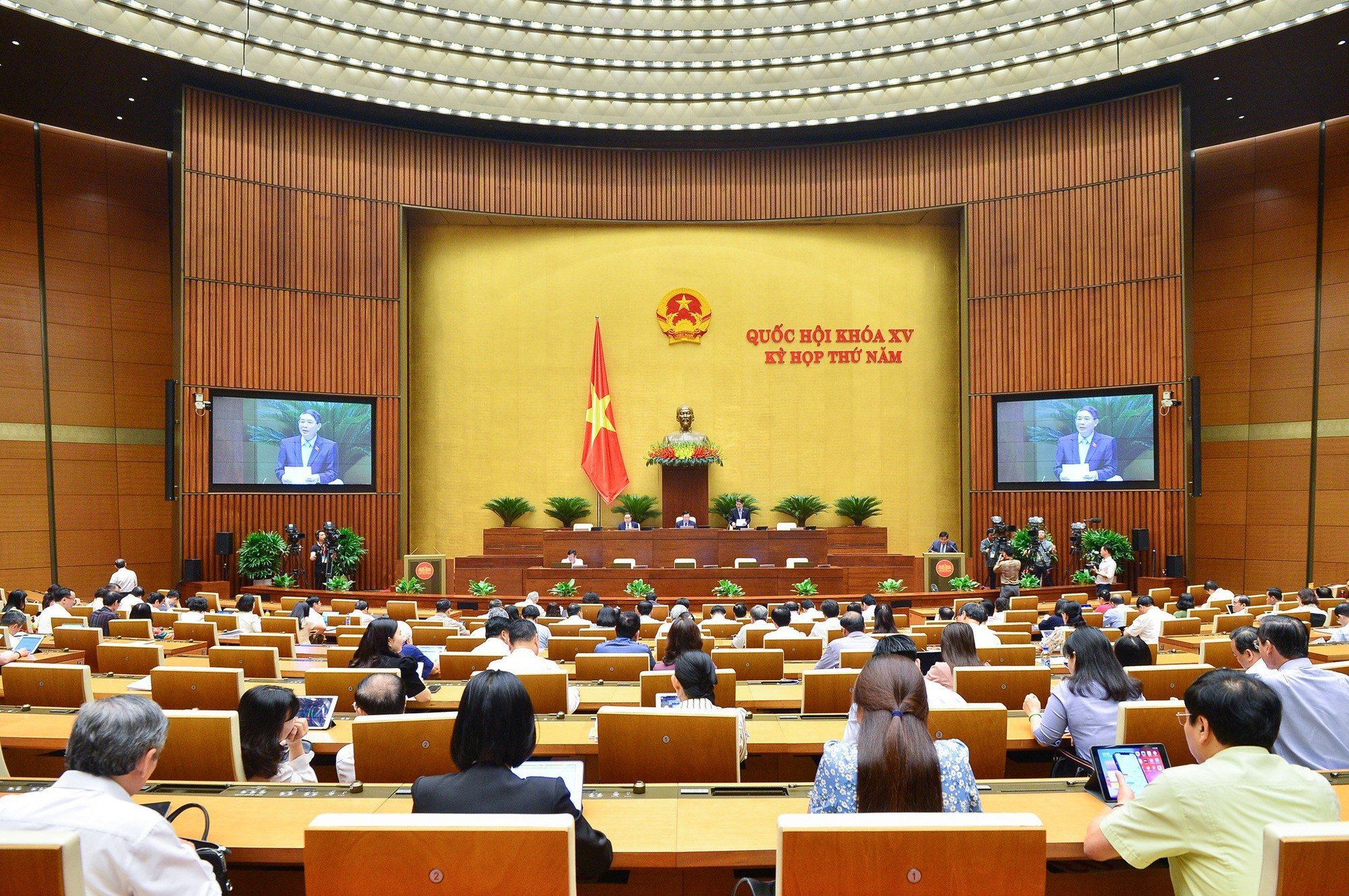
The National Assembly will vote to pass the amended Price Law early this afternoon, June 19th.
In particular, the inclusion of a price ceiling in the draft law, in addition to being the opinion of the majority of delegates, also stems from the requirements of the state management agency in the field of civil aviation.
Specifically, based on an assessment of past years' experiences, when summarizing the Civil Aviation Law, in the Report on the Summary and Evaluation of the Implementation of the Civil Aviation Law, the Ministry of Transport assessed and proposed that the price ceiling regulation should be retained.
Another reason, according to the National Assembly Standing Committee, is that setting price ceilings has sufficient legal basis under the Competition Law and the Price Law. Although the market is no longer a monopoly as before due to the presence of six airlines operating domestic routes, in reality, three major airlines still hold the majority of the market share: Vietnam Airlines with approximately 35%, Vietjet Air with approximately 40%, and Bamboo Airways with approximately 16%.
Accordingly, Vietnam Airlines and Vietjet Air are both dominant players, and the group of three companies, including Bamboo Airways, holds a dominant market share in domestic air travel services (accounting for up to 91% of the market). Therefore, according to the Competition Law, this market has limited competition and requires state control. Thus, the state's regulation of price ceilings is entirely consistent with the legal criteria.
The current pricing framework still creates opportunities for diversifying service types; ensures attractiveness; and meets the high-end service preferences of customers in different segments.
According to the report, the price ceiling is not fixed; if necessary, the Government (specifically the Ministry of Transport) can set a reasonable price ceiling, appropriate to the socio-economic conditions at each stage and time, ensuring a balance of interests between the people and businesses. Therefore, if airlines find the price ceiling inappropriate, they have the right to request the Government to adjust it promptly, which does not mean amending the law.
Based on the above analysis, the Standing Committee of the National Assembly requests the National Assembly to allow the regulation of price ceilings only for air passenger transportation services.
Source link



![[Photo] Prime Minister Pham Minh Chinh holds a phone call with the CEO of Russia's Rosatom Corporation.](/_next/image?url=https%3A%2F%2Fvphoto.vietnam.vn%2Fthumb%2F1200x675%2Fvietnam%2Fresource%2FIMAGE%2F2025%2F12%2F11%2F1765464552365_dsc-5295-jpg.webp&w=3840&q=75)
![[Photo] Closing Ceremony of the 10th Session of the 15th National Assembly](/_next/image?url=https%3A%2F%2Fvphoto.vietnam.vn%2Fthumb%2F1200x675%2Fvietnam%2Fresource%2FIMAGE%2F2025%2F12%2F11%2F1765448959967_image-1437-jpg.webp&w=3840&q=75)



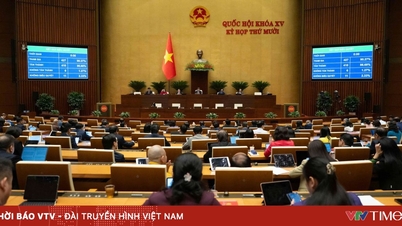



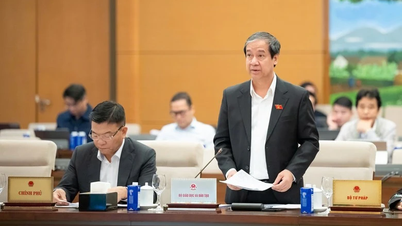






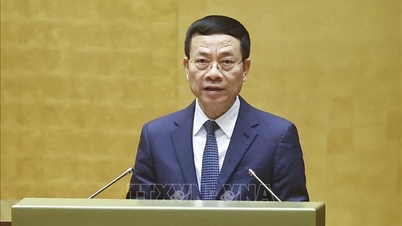








































![[OFFICIAL] MISA GROUP ANNOUNCES ITS PIONEERING BRAND POSITIONING IN BUILDING AGENTIC AI FOR BUSINESSES, HOUSEHOLDS, AND THE GOVERNMENT](https://vphoto.vietnam.vn/thumb/402x226/vietnam/resource/IMAGE/2025/12/11/1765444754256_agentic-ai_postfb-scaled.png)



















































Comment (0)